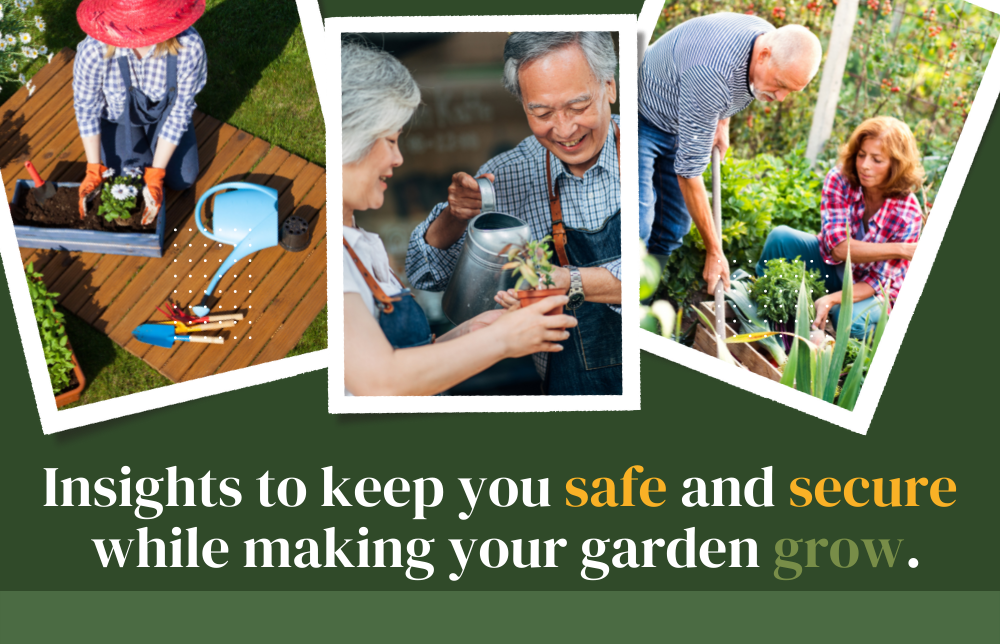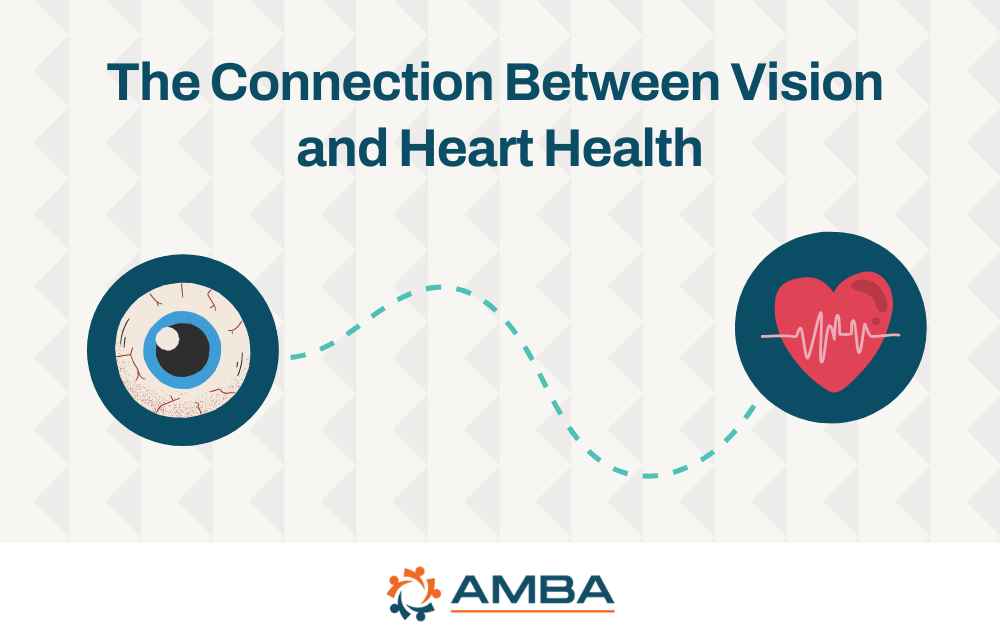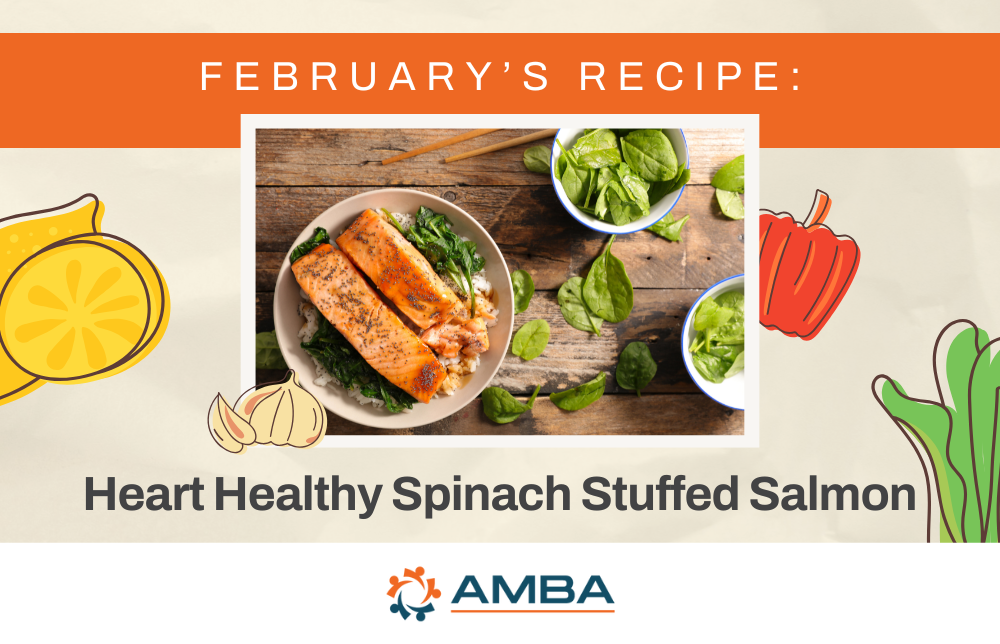
Staying Safe as You Make Your Garden Grow
May 24, 2022
Yes, even yard work can lead to injuries. Here's how to stay safe.
Gardening is more than enjoyable. It’s a meditative and productive – some would even say therapeutic - activity. But, like anything, working smart and staying safe remains a priority. Here’s how to keep yourself free from injury and infection while exercising your green thumb.
Cuts and Scrapes in the Garden
From insects and bacteria to improper sitting and lifting, yard work can lead to an injury or infection. Even though small cuts and scrapes on exposed skin while working in the garden is common, it’s still important to clean and tend to the injury as soon as possible. Soil contains bacteria and fungi that are beneficial for plants - but can be harmful for us. Cuts and scrapes are a gateway for bacteria to enter our bodies. For example, a tetanus infection can occur when contaminants found on garden tools or rose thorns enter the body through even a minor cut. Symptoms may include weakness, stiffness, cramps, and muscle paralysis, particularly in the jaw. Muscle paralysis in the jaw, also known as lockjaw, can lead to difficulty chewing and swallowing.
Another danger is sepsis, an infection that can occur when handling soil, mulch, or fertilizer with animal manure. When sepsis enters the bloodstream, your body reacts with an inflammatory response. In extreme cases, sepsis can lead to life-threatening shock and organ failure.
To help avoid injury, store sharp safely, with blades facing down.
Symptoms and Signs of Infection.
- Redness near the irritation site
- Redness that expands beyond the cut or scrape
- Skin that’s warm to the touch
- Swollen lymph nodes
If you experience any of these, seek medical attention right away.

When gardening, wear gloves, long sleeves, long pants, and protective footwear to lower the risk of cuts and scrapes. Additionally, wearing a hat and sunscreen can protect your skin from prolonged exposure to the sun.
Ring Avulsion and Degloving
Although not very common, avulsions are very serious injuries. This is when rings are caught on objects and pull or tear the skin around the finger. The injury can range from simple bruising, to degloving, and even finger amputation.
Degloving is when the finger’s skin is stripped from the bone, damaging the nerves and tendons. This can result in severe tissue loss. In the most extreme cases, the amputated finger cannot be reattached.
Wearing gloves will not prevent an avulsion; the ring can still catch objects from under the glove. However, preventing an avulsion simply requires removing your rings while you garden or operate machinery.
Body Mechanics
Injuries also occur because of poor body mechanics. For example, sitting back on your knees stresses knee joints and requires you to use your hands and wrists to stabilize. It also requires your hands and wrists to bear your weight while shifting from kneeling to standing. Use a garden stool or bench.
When picking up heavy items like topsoil or mulch, use your legs to lift, and keep the load close to your body. Don’t bend from the waist. Use a wage or wheelbarrow to transport heavy loads.
Also, remember to stretch before, during, and after yard work. Minimize sustained periods of repetitive motions, which can lead to tennis elbow and tendonitis.
Gardening is an excellent way to work towards a healthier lifestyle. But if you have health or lifestyle issues that prevented you from qualifying for Life Insurance previously, don’t worry. The Whole Life Policy from your association and AMBA will accept you just the way you are. No health requirements, no fluctuating premiums, no cancellations for any reason. It’s a pre-approved policy with locked-in rates and comes with a no-obligation 60-day return policy. Even better, you can now purchase your policy online!
Learn more about Life Insurance through ARSEA and AMBA at http://www.AMBAlifeinsurance.com or call 877-290-3173.
Source: https://www.miraclegro.com/en-us/library/gardening-basics/10-top-gardening-tips-beginners
RECENT POSTS

There’s More Connection Between Your Vision and Heart Health Than Meets the Eye
We all remember the song “Dem Bones,” with lyrics like “The hip bone's connected to the backbone.”
Read More

Fall in Love with a World of Savings This Valentine’s with AMBA Passport
Here’s some fun trivia about Valentine’s Day: it’s believed that Geoffrey Chaucer invented
Read More

How Often Should Older Adults Go to the Dentist?
The eyes may be the gateway to your soul, but oral health is a window into overall health. When it comes to your teeth and
Read More

February’s Recipe: Heart Healthy Spinach Stuffed Salmon
February is National Heart Month, so this month’s recipe from AMBA is perfect. Its Mediterranean ingredients are rich in
Read More

